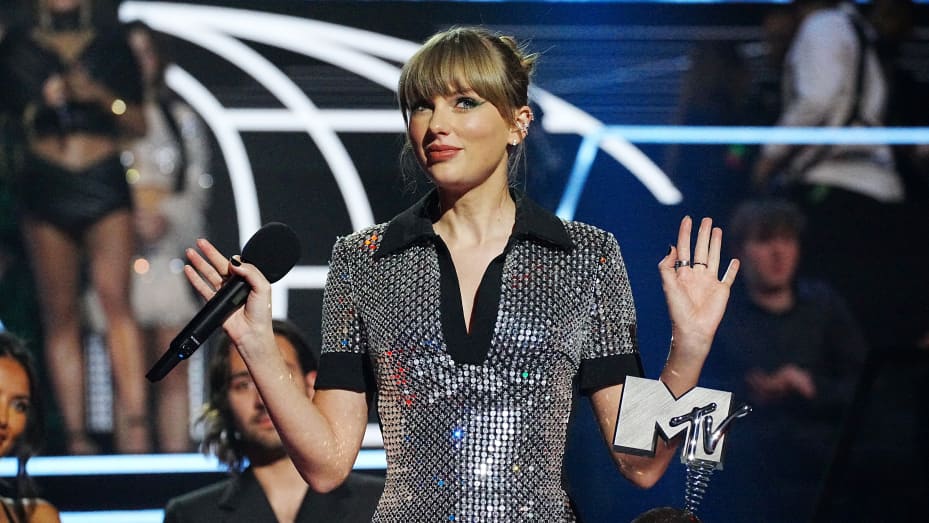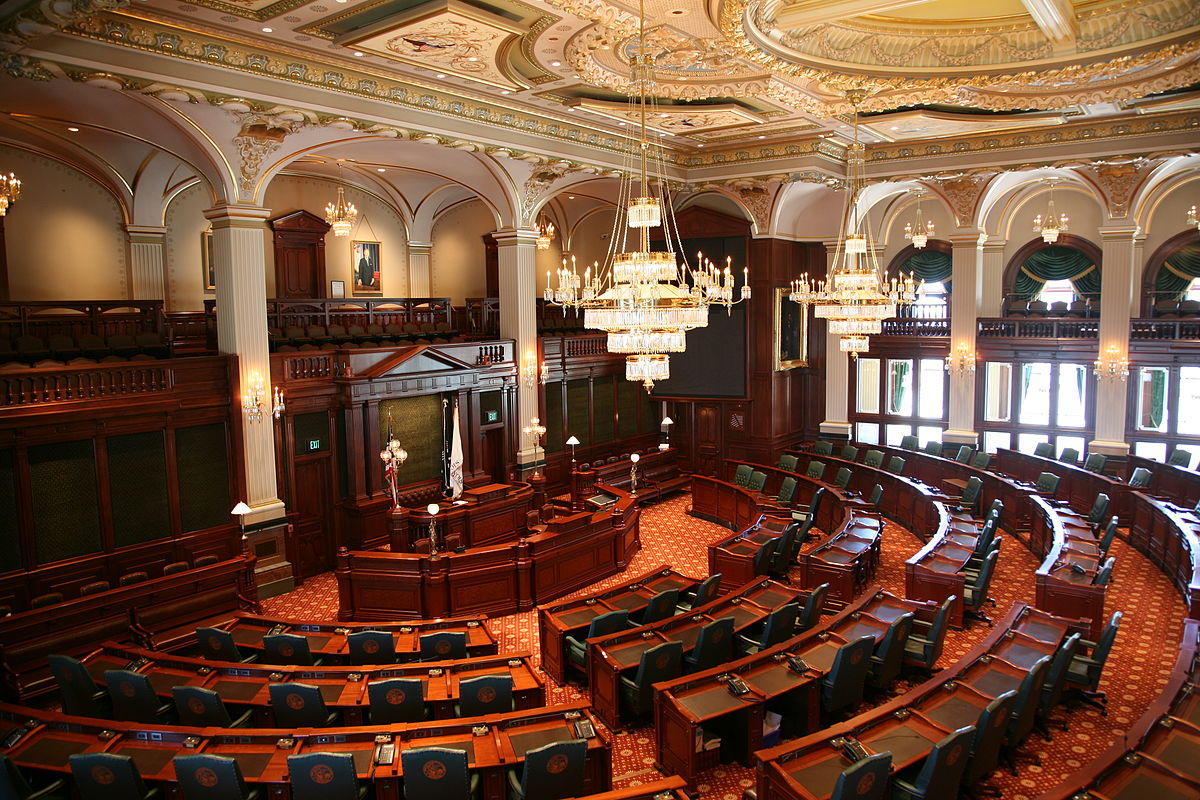By John F. Di Leo
The lovely and prolific Taylor Swift announced a concert tour. So far, so good. Happens every day.
Ticketmaster opened up the ticket sales process, and sold 2 million tickets while fielding 3.5 billion requests – yes, 3.5 billion – before server crashes and other problems caused them to suspend sales.
Taylor Swift is furious. Millions of fans are frustrated. Live Nation the parent of Ticketmaster, is embarrassed.
And politicians – ranging from communist US Representative Alexandria Ocasio-Cortez to conservative US Senator Mike Lee – are all demanding hearings.
It’s easy to kid about the disproportionate attention this is getting in the political world. We are enduring record economic pain today. Fuel and grocery prices are costing the average family several thousand dollars extra each year, demonstrating how laughably understated the official inflation rate really is. With a more dangerous world scene than we have faced in decades, our military can’t attract recruits. American elections are being recognized the world over as embarrassingly corrupt. And a shocking percentage of the people who most desperately need jobs have been conditioned by three years of sloth to refuse to apply for them.
And it is against this backdrop of serious issues that our politicians call for hearings about a few rock concerts?
Yes, it is. And it is tempting to believe that this just might be an example of politicians baldly trying to attract the young and apathetic by pretending to care about their precious non-issues for once.
The truth is, however, they are not as far off as they may appear. However crass their motive may be, the question at the heart of this furor is worth exploring. The main problem is that they don’t realize what that question really is.
News reports this week have focused on the lack of competition in the arena of major concert venues and box office sales firms. These politicians are concentrating on the fact that the nation’s largest ticket selling service, and the nation’s largest owner of live entertainment venues were joined in a federally-approved merger, raising serious anti-trust questions.
Left unsaid is the fact that it made sense for this concert tour to use Ticketmaster. If Ticketmaster couldn’t handle these 3.5 billion online requests from people, scalpers and bots, it’s hard to imagine that anyone else could have either.
An honest hearing will likely reveal that Ticketmaster was understandably overwhelmed, no crime was committed, and the Taylor Swift concert debacle does not constitute proof of any antitrust violation. If the question asked is the one we expect, the result will be the appearance that the system is working just fine, and the country made no mistake in approving this merger.
What the politicians will not ask, however, because they never ask it, is the right question, the fundamental question:
Why do huge companies seek these mergers in the first place?
Both Congress and the federal regulatory bureaucracy have public discussions about mergers all the time. Two media companies, two news organizations, two telephone services, and now, two live entertainment companies.
Again and again, our federal government asks the question, should we allow this merger?
It’s the wrong question. By the time such a merger has been proposed, both companies have already come to the conclusion that they cannot succeed in providing value to both their customers and their shareholders unless they merge.
That should be our focus; that should be the question that animates our elected officials.
How is it, in the most well developed and productive large economy in human history, that so many enormous companies cannot figure out how to be profitable, unless they merge with other huge companies and accomplish some further economies of scale in so doing?
Gentle Reader, you and I could answer the question, of course.
We could tell them it’s because a crippling tax burden raises the costs of these businesses so high, it is harder than it should be for them to make a profit. We could tell them it’s because a crippling tax burden leaves their potential customers with so little discretionary income, they have to charge lower prices than they want in order to fill the seats. We can tell them it’s because an outrageous regulatory burden forces these companies to employ armies of lawyers and accountants, and to fund incredibly expensive bonds and insurance plans, to be protected from the penalties and litigation that this regulatory burden so often creates.
The politicians love to complain about these big mergers. We all do. America was designed to be a country of small businesses. These multinational conglomerates are indeed contrary to the notion of an entrepreneurial, free-market economy.
But instead of politicians pointing fingers at bureaucrats, asking why they allowed this merger or that one, it is time our politicians took up the cause of eliminating the need for such mergers.
It is time Washington, DC again tried to build an economy in which companies can make a steady profit without having to beg the government to permit yet another massive mash-up.
Many politicians consider themselves to have done their job when they hold a hearing. But in fact, they will have truly served their public only when they find a way to stop DC from driving struggling companies into the arms of their competitors.
Now, that would be a hearing worth watching.
Copyright 2022 John F. Di Leo
John F. Di Leo is a Chicagoland-based trade compliance trainer and transportation manager, writer, and actor. A one-time county chairman of the Milwaukee County Republican Party, and former president of the Ethnic American Council, he has been writing regularly for Illinois Review since 2009.
A collection of John’s Illinois Review articles about vote fraud, The Tales of Little Pavel, and his 2021 political satires about current events, Evening Soup with Basement Joe, Volumes One and Two, are available, in either paperback or eBook, only on Amazon.
Don’t miss an article! Use the free tool in the margin to sign up for Illinois Review’s free email notification service, so you always know when Illinois Review publishes new content!
By John F. Di Leo, Opinion ContributorWe're hearing a lot of complaints about the tariffs, and I understand that, since we all hate taxes, as we should. Republicans...
Read moreDetails








